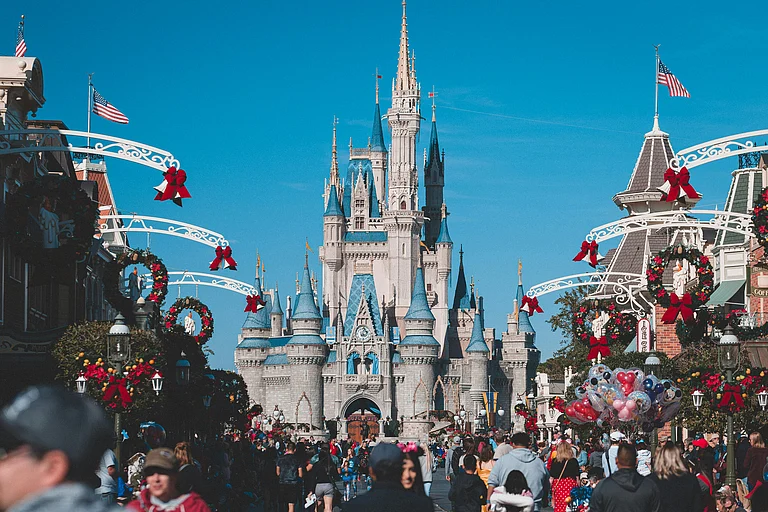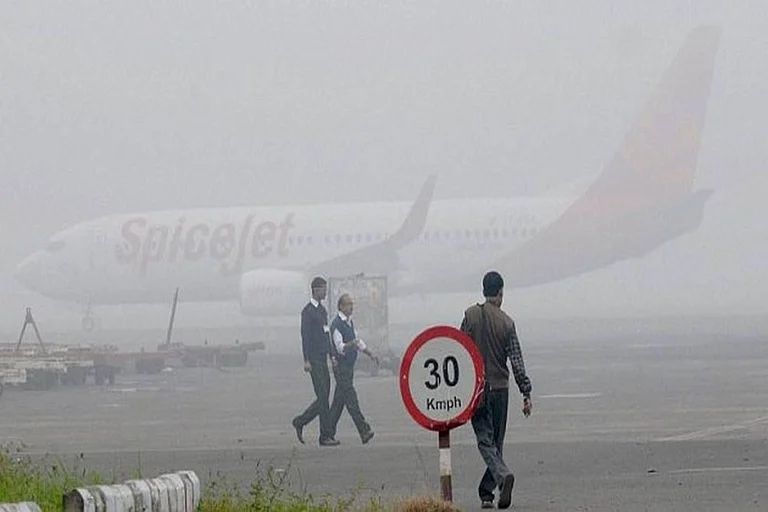Cynthia “Cyn” Carranza, a custodian at Disneyland, faced a daily struggle last summer that went beyond her duties of cleaning and maintaining the park's magic. Living in her car with her two dogs, Carranza, who earns $20.65 an hour, found herself unable to afford rent in Southern California's pricey housing market, where average rents exceed $2,000 a month.
“That’s not something that anybody should experience working a full-time job for a company like Disney,” Carranza tearfully recounted to the BBC. She and her boyfriend, also a Disneyland employee, now share a small apartment but still find it challenging to make ends meet.
Carranza's story echoes that of many other Disneyland workers who are speaking out about their financial hardships. Approximately 10,000 unionised employees at Disneyland are contemplating strike action due to what they describe as inadequate wages and retaliatory actions against union activities.
Last week, hundreds of workers rallied outside the park, chanting slogans like "Mickey would want fair pay." They recently voted overwhelmingly to authorise a strike if ongoing negotiations fail to address their concerns.
Union representatives report that a significant portion of Disneyland's workforce faces housing instability, with about one in ten experiencing homelessness while employed at the park. A survey revealed that 73% of employees struggle to cover basic expenses each month, despite their critical roles in maintaining the park's operations.
L Slaughter, a park host, described spending two years living in her car before securing a small apartment, a story shared by many others who endure long commutes and financial stress due to low wages.
Disneyland, which employs workers in roles ranging from characters to janitors, has been in negotiations since the expiration of the cast members' contract in mid-June. The company has expressed commitment to reaching an agreement that acknowledges the contributions of its employees while ensuring the park's continued success.
Disney spokespersons emphasised the importance of cast members, promising to focus on their needs and attract new talent. However, workers argue that their wages have not kept pace with the cost of living, pointing out that even with the minimum wage increase to $19.90 an hour, many still struggle to afford basic necessities.
The union has filed complaints with the National Labour Relations Board, accusing Disney of unfair labour practices, including disciplining workers for wearing union badges and distributing union materials.
Colleen Palmer, a 37-year Disneyland employee and union negotiator, highlighted the stark pay disparity between workers and top executives. Disney CEO Bob Iger's 2023 compensation of $31.6 million stands in sharp contrast to the hourly wages of park workers.
"It makes me wonder, why don’t you want to recognise me? Because I’m making you that money," Palmer said, expressing frustration over the lack of recognition and fair pay for the workers who create the park's magic.
Despite the challenges, many workers remain dedicated to their roles, driven by their love for the Disney brand and the community it fosters. They benefit from perks like free park admission for family and friends and generous healthcare plans. However, the unpredictable schedules and low pay force many to take on additional jobs to survive.
The looming strike threat marks the first major labour dispute at Disneyland since 1984, highlighting ongoing tensions over income inequality and job security in one of America's most iconic workplaces.




























